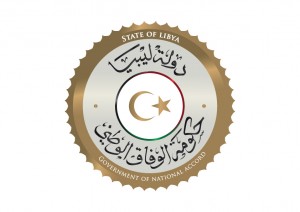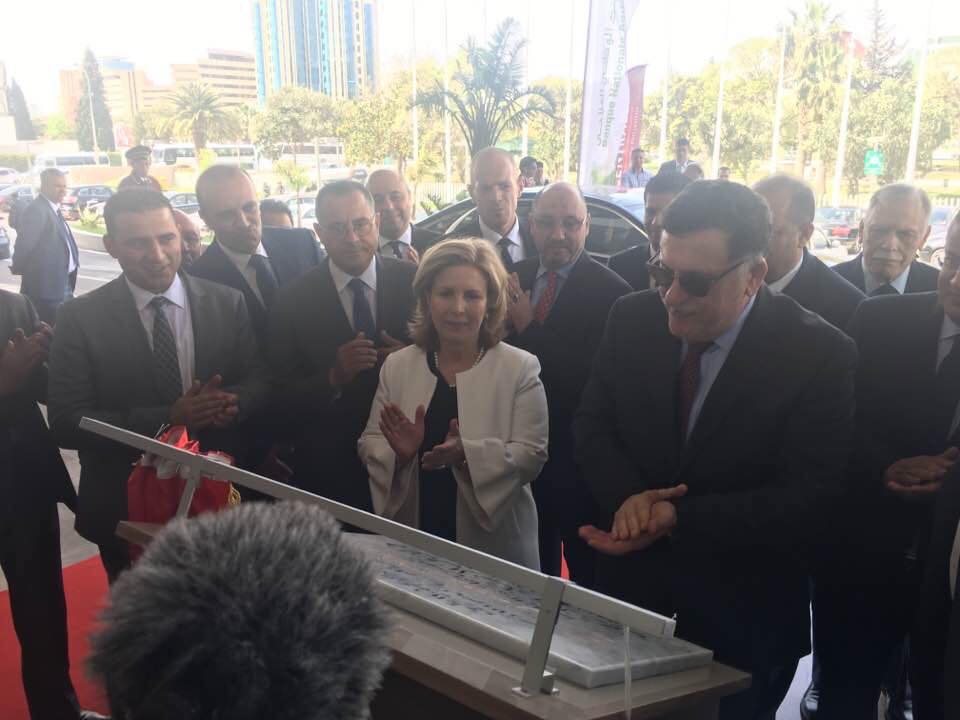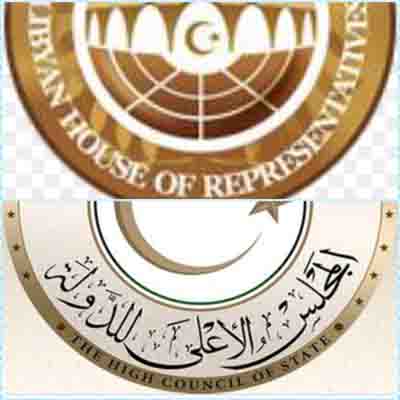By Sami Zaptia.
London, 25 April 2018:
The head of the Tripoli-based Presidency Council, Faiez Serraj, passed a decree yesterday (number 489/2018) setting up a High Committee for the Follow-up of Displaced Affairs.
In the Presidency Council’s statement on the decree, it said that this decree comes as part of the effort by Serraj to follow up the situation of Libyans displaced abroad since 2011, and as part of his call for their return to their homeland and to contribute to Libyan reunification and comprehensive national reconciliation.
The Higher Committee for the Follow-up on Displaced Persons will aim to communicate with all the displaced abroad in order to secure their return and regain their rights, it added. It will help those who feel they have been wronged, return to jobs, problems preventing their return home, and help with documentation. The Committee can appoint representatives at Libyan embassies abroad to help in its work, the decree states.
During Monday’s regular press conference, his personal spokesperson. Mohamed Sallak, had said that Sarraj renews his invitation to all parties to ‘‘turn over the past the page, bridge the rift, set aside differences and make concessions to get Libya out from this crisis, achieve comprehensive national reconciliation and build the desired democratic civilian’’.
Serraj, he said. ‘‘renews his call to the displaced abroad to return to their country, stressing that there is no exclusion for anyone as Libya can accommodate everyone’’.
Neither Serraj’s personal spokesperson nor the decree indicated exactly which type of externally displaced Libyans the decree was targeting. However, it is widely taken that the decree was aimed at the thousands of mainly former Qaddafi supporters or those who had gained under the former regime, and were forced to flee, for personal safety and fear of retribution, mainly to Egypt and Tunisia.









